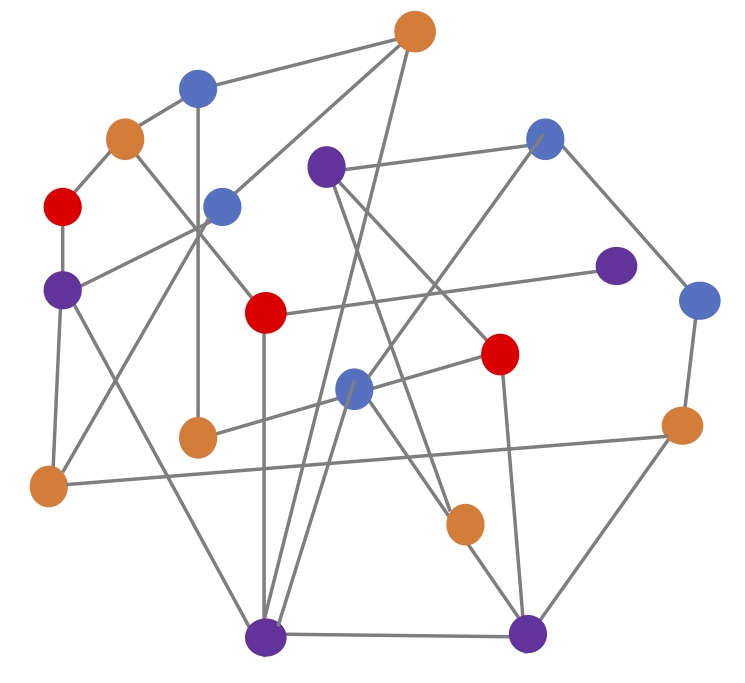Courses
We have established the following courses in the Department of Biomedical Engineering at Wichita State University that are relevant to the research goals of the Mechanobiology and Biomedicine Laboratory: Mechanobiology of Cells and Tissue; and, Biomolecular and Cellular Engineering. In addition, we contribute to the following required undergraduate course in the Department of Biomedical Engineering: Intro to Biofluids
BME743: Mechanobiology of Cells and Tissue
This course focuses on how the mechanical environment influences cell behavior and will integrate principles from engineering, cell biology, physiology, and biomedicine. Topics include, but are not limited to: (1) global/health importance of mechanobiology; (2) the role mechanical forces play in normal cell function, and disease; (3) the role of the mechanical environment in regenerative medicine and tissue engineering applications; (4) how the extracellular matrix and biomimetic matrices alter cellular function; (5) how cells sense and respond to mechanical forces; (6) the mechanobiological feedback loop; (7) cell and tissue mechanics; (8) microscopy of cells and tissues; and, (9) experimental methods to study cellular mechanobiology. This course emphasizes experimental design, data analysis, interpretation of data and results, and hands-on laboratories. In these laboratories, students gain firsthand experience with cell culture techniques, microscopy, and experimental and computational techniques in cell mechanobiology.
BME748: Biomolecular and Cellular Engineering
This course focuses on the molecules and mechanisms underlying cellular function from an engineering point of view. There will be an emphasis on experimental methods, mathematical analysis, and computational modeling. Hands-on laboratories will complement lectures. Topics include, but are not limited to: (1) enzymes and biochemical kinetics; (2) cell signaling and modeling signaling pathways; (3) biophysical-based models of biological/biochemical systems; (4) gene expression and regulation; (5) ‘omic’ approaches to cell signaling including data analysis of high-throughput data; (6) system biology approaches – analysis of complex biological systems across multiple temporal and spatial scales; (7) bioinformatics; and, (8) quantitative experimental methods related to biomolecular and cellular engineering. Applications to tissue engineering, regenerative medicine, biotechnology, bionanotechnology, drug and gene delivery, molecular medicine, and personalized medicine are discussed.
BME462: Intro to Biofluids
Introduction to the conservation laws which form the foundation of fluid mechanics, and their application to bioengineering related problems including blood flow in the vascular system and other biological flows within the human body. Topics include dimensional analysis, definition of system, conservation of mass and energy, and conservation of momentum.


